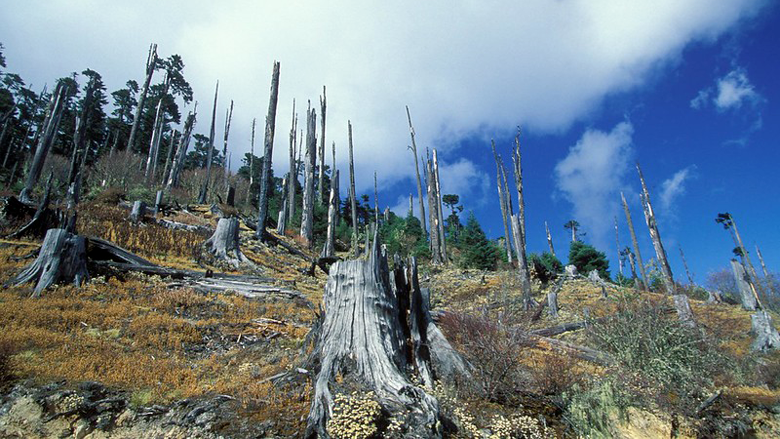Climate change is a fundamental threat to sustainable economic development and the fight against poverty. Without rapid progress in strengthening the resilience of developing countries to the adverse impacts of climate change, as well as reducing global emissions of greenhouse gases, decades of development may be imperiled, and prosperity may be out of reach for millions of people. Accordingly, research and data work at the World Bank Group need to pay much greater attention to economywide adaptation to climate change; improved disaster risk management, including risk reduction as well as recovery efforts; and identification of the potential benefits of “lower-carbon” development measures.
KCP-supported projects will examine innovative ways to strengthen climate change adaptation and disaster risk management in developing countries, scaling up these efforts to be more cross sectoral and better linked with development measures. KCP-supported projects will also focus on economically sound approaches to greenhouse gas mitigation, such as carbon pricing, reducing barriers to increased investment in renewable energy, and forest protection. Examples of the many priorities for research and data efforts to strengthen resilience to climate change and natural disasters include (i) a more holistic approach to assessing long-lived macro-scale effects of climate change across the economy and options to improve resilience, (ii) feedback effects of climate change on human capital, (iii) barriers to financing long-lived beneficial investments (especially infrastructure) to reduce vulnerability, and (iv) political economy barriers to many seemingly win-win measures that would provide immediate development benefits and improved resilience.
KCP-supported projects on climate change have addressed and will continue to address many other themes: the impacts of climate change shocks and greenhouse gas emissions policies on economic transformation; the potential for climate change shocks to amplify FCV challenges, and vice versa; the disproportionate impacts of climate change risks on women; and the need to improve governance at all levels to meet climate change challenges more effectively. In addition, climate change challenges are interwoven with other key environmental issues, including the devastating health impacts of air pollution, the negative development impacts of land and forest degradation, and growing water scarcity.
Activities that estimate and test program impacts of climate change–related interventions could also be supported. For example, DEC teams have investigated the impact of an intervention that provides nonmonetary incentives to local community-based organizations to improve urban drainage in Senegal. And in Mozambique, the team is using high-frequency, crowd-sourced irrigation water use data in combination with quarterly agricultural production surveys to develop personalized feedback on water usage, timing of planting, and coordination within schemes to increase water efficiency. More programs like these will surface insightful findings on the relationship between climate change–related interventions and other environmental and social outcomes.
Working Papers
Energy Demand Models for Policy Formulation: A Comparative Study of Energy Demand Models (2009)
This paper critically reviews existing energy demand forecasting methodologies, highlighting the methodological diversity and developments over the past four decades to investigate whether the existing energy demand models are appropriate for capturing the specific features of developing countries.
A Review of Solar Energy: Markets, Economics and Policies (2011)
Solar energy has experienced phenomenal growth in recent years due to technological improvements resulting in cost reductions and government policies that are supportive of renewable energy development and utilization. This study analyzes the technical, economic, and policy aspects of solar energy development and deployment.
A "Delphi Exercise" as a Tool in Amazon Rainforest Valuation (2014)
The Amazon rainforest represents a global public good, of which 15 percent has already been lost. The worldwide value of preserving the remaining forest is unknown. A "Delphi" exercise was conducted involving more than 200 environmental valuation experts from 36 countries, who were asked to predict the outcome of a survey to elicit willingness to pay for Amazon forest preservation among their own countries' populations.
